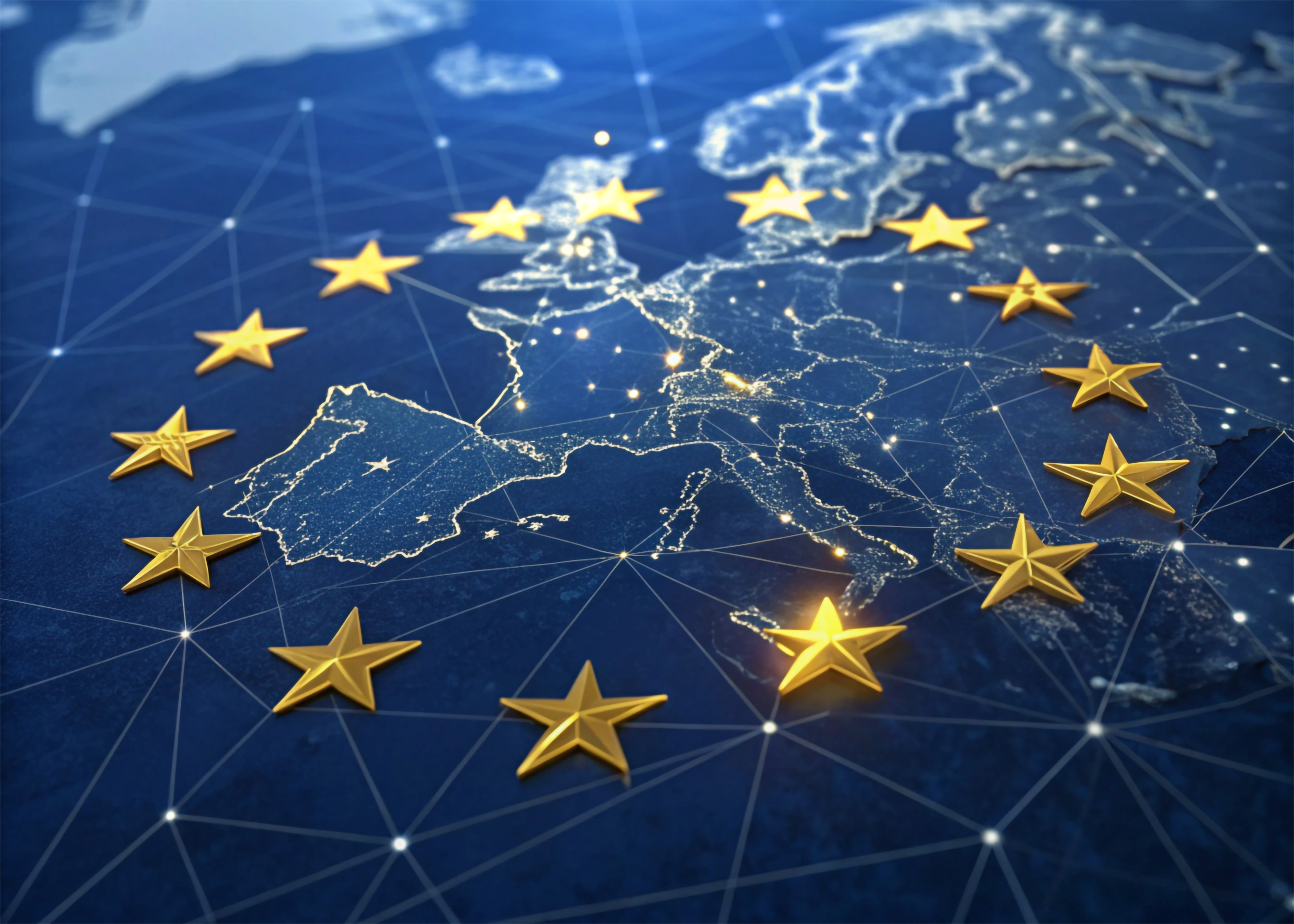After months of exhaustive regulatory scrutiny, British authorities have given the green light to one of the biggest fintech mergers of recent years—in this case, Global Payments $22.7 billion acquisition of Worldpay. While both organizations are headquartered in the US, they have significant operations and hold various legal entities and subsidiaries in the UK, giving the UK’s Competition and Markets Authority (CMA) jurisdiction over the merger.
The acquisition brings together two of the biggest payment processing companies in the world. Global Payments, a US-based technology company, offers services and technology to merchants, issuers, and consumers around the world, while Worldpay, formerly part of the Royal Bank of Scotland but since acquired by US multinational FIS in 2019, provides a similar suite of offerings. The combined entity has a global reach of more than six million merchants and an annual volume of $94 billion transactions.
The CMA’s decision involved months of heavy scrutiny and public discourse—it certainly didn’t rubber-stamp the deal overnight. It initially invited public comment in July 2025 before launching a Phase 1 inquiry in September to determine whether the merger could adversely affect the UK’s competitive landscape. During that review, the CMA evaluated how the companies overlap each other in serving businesses with payment card solutions and merchant acquisitions. They determined that, while Worldpay has a strong presence in card acquiring for retailers, Global Payments offered a significantly broader suite of merchant payment technology. Having found no substantial antitrust issues, the CMA allowed the acquisition to proceed.
Now approved, the merger is set to create one of the largest payment technology providers globally, roughly doubling Global Payment’s previous footprint. Executives were quick to tout the benefits of the deal, such as a wider array of payment services, improved operational efficiencies, and access to a larger merchant client base. For merchants and fintech providers, the deal could also mean having a unified one-stop shop for payment processing, potentially advancing the integration of omnichannel payments like in-store, mobile, and online under a single system.
While the acquisition will likely lead to new opportunities in scale for fintechs seeking to partner with more payment processors, it could also result in increased competitive pressure forcing startups in merchant payments to invest heavily in innovation and differentiation with niche offerings. Clearly, there’s an increasingly urgent need for closer collaboration, where fintechs, like point-of-sale software or buy-now, pay-later (BNPL) start-ups prioritize working with the newly consolidated entity.
.png?width=1816&height=566&name=brandmark-design%20(83).png)



